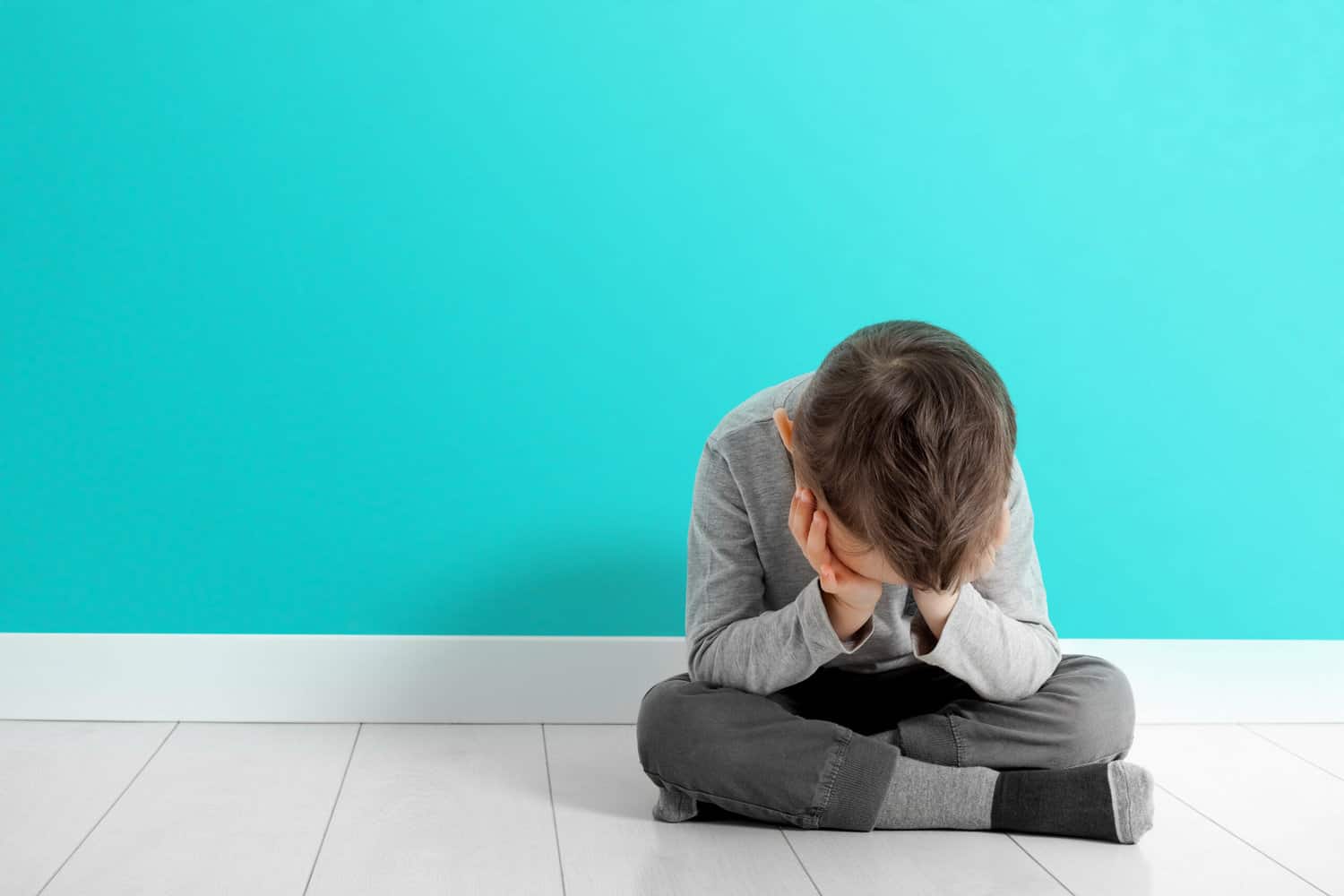Developing Fears and Worries
Lantana Pediatrics
My child seems to be afraid of a lot of things. Should I be worried?
In the past 2-3 years, I have seen more and more developing fears, worries, and anxieties. This has likely been compounded by the stressors of the world with a pandemic and everyone, not just children, having to make more adjustments in daily routines. Regardless, childhood fears and phobias are common and can be managed and treated.
According to one study, 43% of children between ages 6 and 12 had many fears and concerns. A fear of darkness, particularly being left alone in the dark, is one of the most common fears in this age group. So is a fear of animals, such as large barking dogs. Some children are afraid of fires, high places, or thunderstorms. Others, conscious of news reports on TV and in the newspapers, are concerned about burglars, kidnappers, or nuclear war. If there has been a recent serious illness or death in the family, they may become anxious about the health of those around them.
About Phobias:
Sometimes fears can become so extreme, persistent, and focused that they develop into phobias. Phobias – which are strong and irrational fears – can become persistent and debilitating, significantly influencing and interfering with a child’s usual daily activities.
This is when it is very important to discuss managing and treating these phobias. Their phobias can cause physical symptoms like headaches or stomach pains and eventually lead the children to withdraw into their own world, becoming clinically depressed.
What Parents Can Do:
Meeting with your pediatrician is a good first step.
Here are some suggestions that many parents find helpful for their children with fears and phobias.
- Talk with your child about his anxieties and be sympathetic. Explain to him that many children have fears, but with your support, he can learn to put them behind him.
- Do not belittle or ridicule your child’s fears, particularly in front of his peers.
- Do not try to coerce your youngster into being brave. It will take time for him to confront and gradually overcome his anxieties. You can, however, encourage (but not force) him to progressively come face-to-face with whatever he fears. Since fears are a normal part of life and often are a response to a real – or at least perceived threat – in the child’s environment, parents should be reassuring and supportive.







